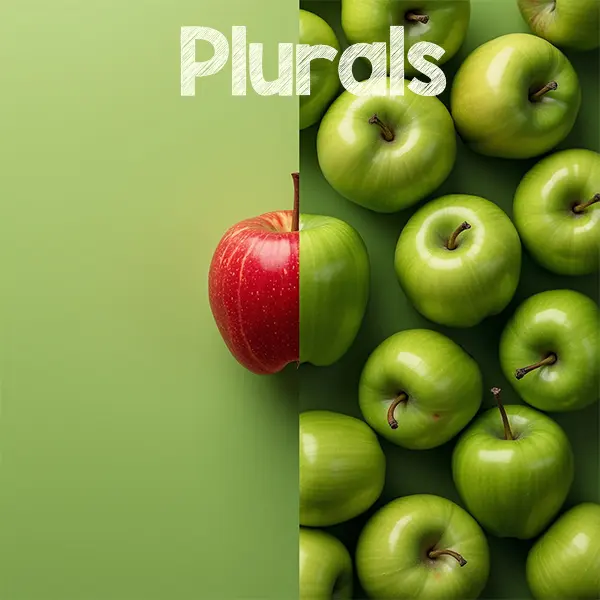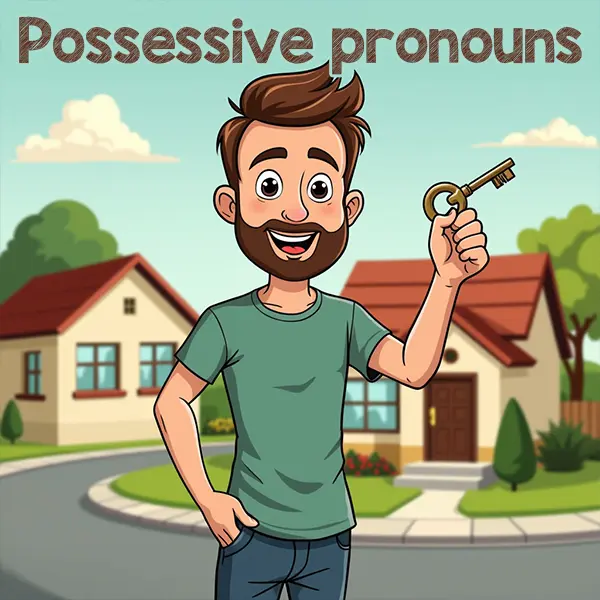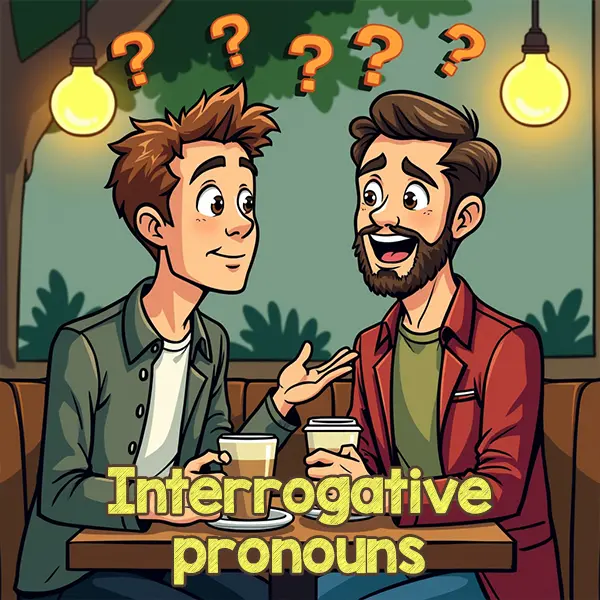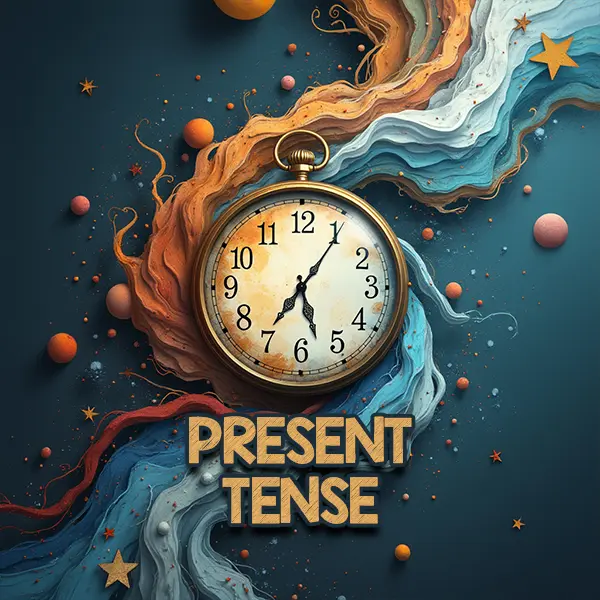
To make a plural form of a noun we need to know the gender and the group of nouns it belongs to. As you remember from the previous lesson there are three groups of nouns: hard, soft and mixed. Most of the time feminine nouns end in а/я, masculine nouns usually end in a consonant, neuter end in e/o. Masculine / Feminine Neuter Hard + …

Noun declensions
The way noun endings change depends not only on their number and gender, but also on the declension (grammatical group) each noun belongs to. Each group represents a particular set of case endings for gender, number, and case. In Ukrainian, there are 4 declension groups. The first and the second declension are divided into three …

Indefinite and Negative Pronouns
Indefinite pronouns in Ukrainian are used to refer to unspecified or unknown people or things. They do not point to a specific noun, but instead refer to general or indefinite concepts. The Indefinite pronouns are formed by adding particles: де-, аби-, будь-, хтозна-, -сь, -небудь to interrogative pronouns. -небудь (any-) будь- (any-) …

Learn to talk about time, days of the week, months, and seasons. Days of the week (Дні ти́жня) понеді́лок Mondayвівто́рок Tuesdayсереда́ Wednesdayчетве́р Thursdayпя́тниця Fridayсубо́та Saturdayнеді́ля Sunday Other useful words: день dayсього́дні todayза́втра tomorrowпісляза́втра the day after tomorrowучо́ра / вчора yesterdayпозавчо́ра …

Possessive pronouns in Ukrainian show ownership or possession. They must agree in gender, number, and case with the noun they describe. Basic Forms Masculine Feminine Neuter Plural My мій моя́ моє́ мої́ Your (singular) твій твоя́ твоє́ твої́ His, its його́* його́ його́ його́ Her її́* її́ її́ її́ Our наш на́ша на́ше на́ші Your (plural) …

Interrogative and relative pronouns are important parts of speech in Ukrainian language. Interrogative pronouns are used to ask questions. Relative pronouns use the same forms but function as connectors between an independent and a dependent clause. Хто whoЩо whatЯки́й which (asking about kind, nature, characteristic, or quality of an …

The Present Tense (Тепері́шній час) in Ukrainian describes actions or states that are currently happening, ongoing, or habitual. Verbs in the present tense must agree with the subject in person and number (Я, Ти, Він/Вона́, Ми, Ви, Вони́). Only imperfective verbs (недокона́ний вид), verbs describing an ongoing or habitual process, can be …

A verb (дієсло́во) is a word that expresses an action or a state of being of a person or object.Кіт спи́ть. The cat sleeps. Grammatical Categories of Ukrainian Verbs Ukrainian verbs are rich in grammatical forms. They can express several categories at once. These categories are essential for understanding how verbs function in Ukrainian. …

All nouns in Ukrainian have a grammatical gender: masculine, feminine and neuter. The feminine form of occupation name is constructed by adding a suffix -к-, -иц-, -ин- or -ес- to the masculine form. The masculine form is perceived as the neutral name of the occupation, which can be used for men and women. The usage of feminine forms is …

Ukrainian Grammatical Cases
There are 7 grammatical cases in Ukrainian. We need them to show the relationship between words in a sentence. Grammatical cases apply to nouns, pronouns, adjectives, and numerals. Ukrainian, unlike English, doesnt have a fixed word order. You can move the words around without changing the core meaning of a sentence, though this works …
